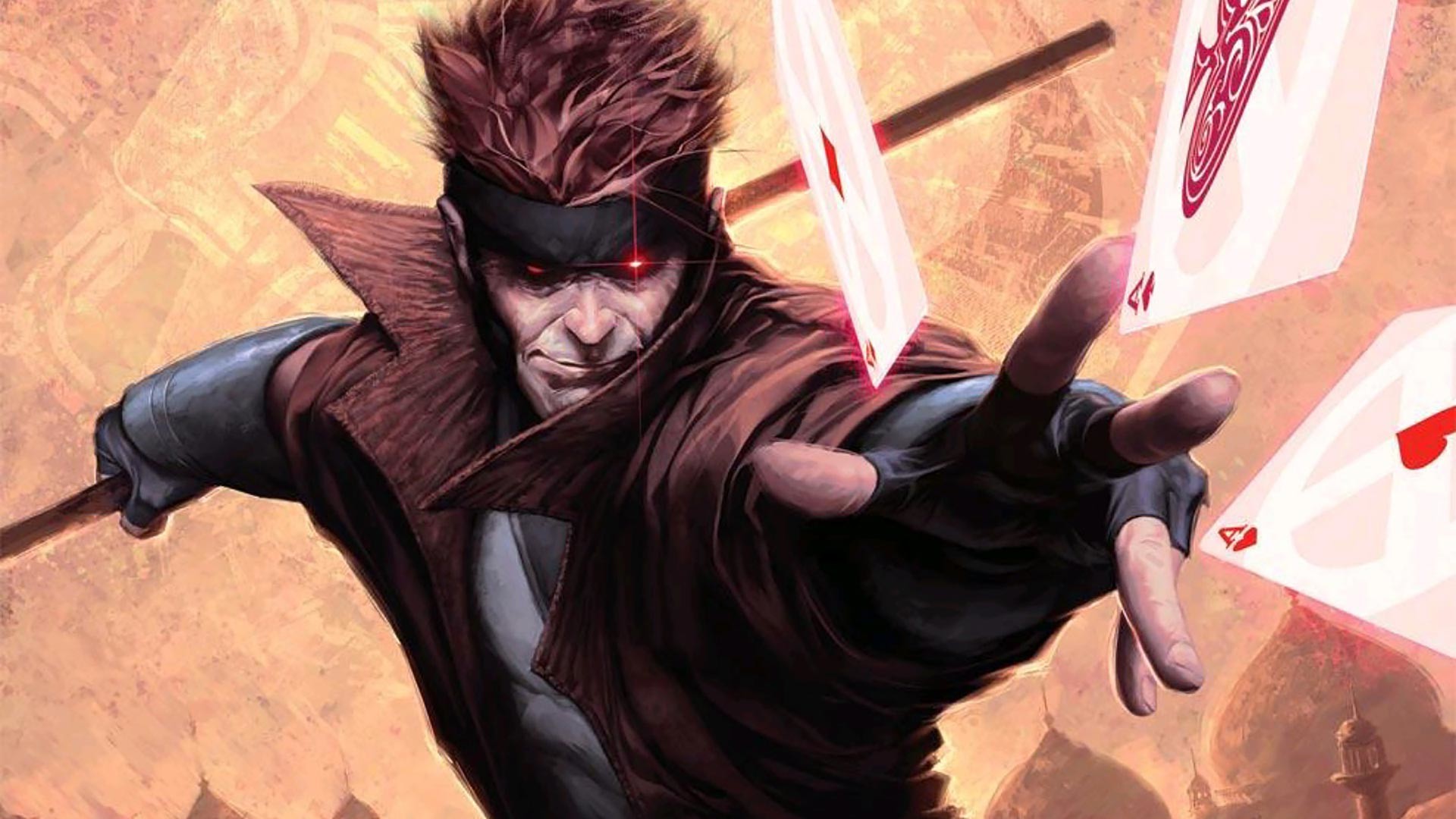Published 2/24/2024
There is a long road that leads to nowhere, then there are roads that lead to somewhere, and becoming a master is definitely a multiple year endeavor. Therefore, if you don't have the stomach for dedication, determinedness, and commitment, then it would indeed be a pipe dream for you to become a Master, at best. However, if you are determined to become a Master, then you will need to utilize a few tools, follow a prescribed path, and master chess openings, from every angle.
The best angler in the game, read Chess Engine, is Alpha Zero, which works wonderfully on the Nibbler Chess GUI App (PC with a Nice Video Card Required), the reason you need this app and engine is, well it's faster than Stockfish at analyzing, and it's even smarter than Stockfish, but the main reason is you will need it to analyze your game to find better moves! A Chess Master is one who has learned an opening with every variation as well, knows by heart every move, and can perform the opening at least at 90+% accuracy, meaning you can't make mistakes or blunders!
Yes, chess is a game of memorization, but you need to pick a solid opening first, which I've outlined for you in the "Best Chess Strategies" blog post, and my personal favorite openings for White are the Scotch Game and the Jobava London System, which are exceptionally good openings. You can play the Scotch Game multiple ways, either via Gambits, or just solid playing vs various openings, it doesn't have a win rating like the Jobava London, and I've seen Grand Masters (GMs) play it successfully vs other GMs, but the Scotch Game is so much more versatile and fun than the Jobava London System. (To me that is.)
Moving forward here, after you pick and opening you like, you'll need to review your games, and learn the best moves in each instance of play, this way you can vanquish future opponents with killer moves! It's very easy to get to 1800++ rating if you master at least 4 openings, two for White & two for Black, and that's going to take you a while trust me.
Memorizing multiple variations for an opening is no easy feat, but if you are dedicated, practice every day, and really work hard, you'll be at least a master of those 2 openings. Though to reach Grand Master, you'll need to master more than just 2 openings, for sure, because you will be playing against people who really know their openings, and that's going to be quite a few years of practice indeed!
The secret is practicing a lot, you need to live and breath chess, daily, and once you have been able to defeat people consistently online, then you are probably ready to go to a real tournament and see how you do. Don't get discouraged if you bomb out, it requires a lot of patience and focus to win tournaments, truly, and every master must have a signature weapon, which is your best opening.
I'd also highly recommend becoming very familiar with every opening you can, even lesser openings like the Grunfeld Defense, because making huge blunders will cost you the game, and that's something you have to eliminate before you are ready to try to take on real Chess Masters. I've seen even Grand Masters make blunders in chess, but it usually in Blitz (5 or 3 Min) and Bullet (1 Min), and don't listen to the chess engines, mistakes and blunders are still possible even by GMs!
I've watched the World Champion make blunders and mistakes, but still win, it's just that in 10+ minute games, you won't see it very often, and mistakes can cost you the game easily against a real Chess Master. I'm not teaching the steps to becoming an actual rated master here, therefore, if that is the direction you choose, you should research that topic, and if you are really just seeking to smoke the pants off of the locals, then you just need to master 4 openings.
I say 4 openings because you need at least 2 to handle most of the main openings, each one is specific in what it can defeat broadly, if played well, some openings are more limited in scope, and others are much more broad, like the London System, which also includes the Jobava as well. Some openings are not great because they are easy to destroy if your opponent knows what they are doing, these openings usually fall into the Gambit category, but make no mistake, some Gambits are indeed top notch, like the Evan's Gambit from the Italian Game, which is one of the best openings in chess!
If you pay close attention to the highest rated Grand Masters, learn what they play the most, and study their game well enough, well you could easily defeat most of your opponents playing like these GMs do. Assuming you aren't playing a GM mind you! These are the basics of the road to becoming a master, whether you become an officially Titled Master or not, and that road is yours for the choosing entirely, because not everyone has the money and time to dedicate to that road.
"..only the top 20 or so chess players in the world could make a living at it..." - Stanford Mag
Oh yes, I almost forgot about my favorite openings for black, the King's Indian Defense and the Caro Kann, both of which are very strong indeed. If you are a serious brainiac, then these openings will test your ability to play well indeed, and you can learn a bit more from this guy about some of the topics I've covered here, because he's definitely big into learning from Chess Engines.
Lastly, you get the results you pay for, meaning, if you are cheap, then you will get cheap results, though you can learn a lot from Grand Masters in videos, but you will need to be better equipped to win with actual books to reference, quality Chess GUI Apps, and more importantly a chess coach! Having a chess mentor makes all of the difference in the world, even the best of the Grand Masters today truly know how to play because they were mentored by Grand Masters! (Like Garry Kasparov)
Here's an example of top 2 Chess Engines "Going At It"!
Here's a great article on becoming a chess master.
Thanks for visiting, please be kind enough to share this blog, thanks!
Copyright © 2024
All Rights Reserved Worldwide



:max_bytes(150000):strip_icc():format(webp)/CHESS_HERO_0408-825f6be729cf45b79bbbe1f0cb4307e5.jpg)